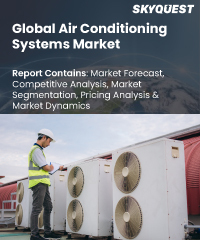
Product ID: SQMIG20E2045
Report ID:
SQMIG20E2045 |
Region:
Global |
Published Date: February, 2024
Pages:
157
|
Tables:
63 |
Figures:
75
We respect your privacy rights and safeguard your personal information. We prevent the disclosure of personal information to third parties.

Product ID: SQMIG20E2045